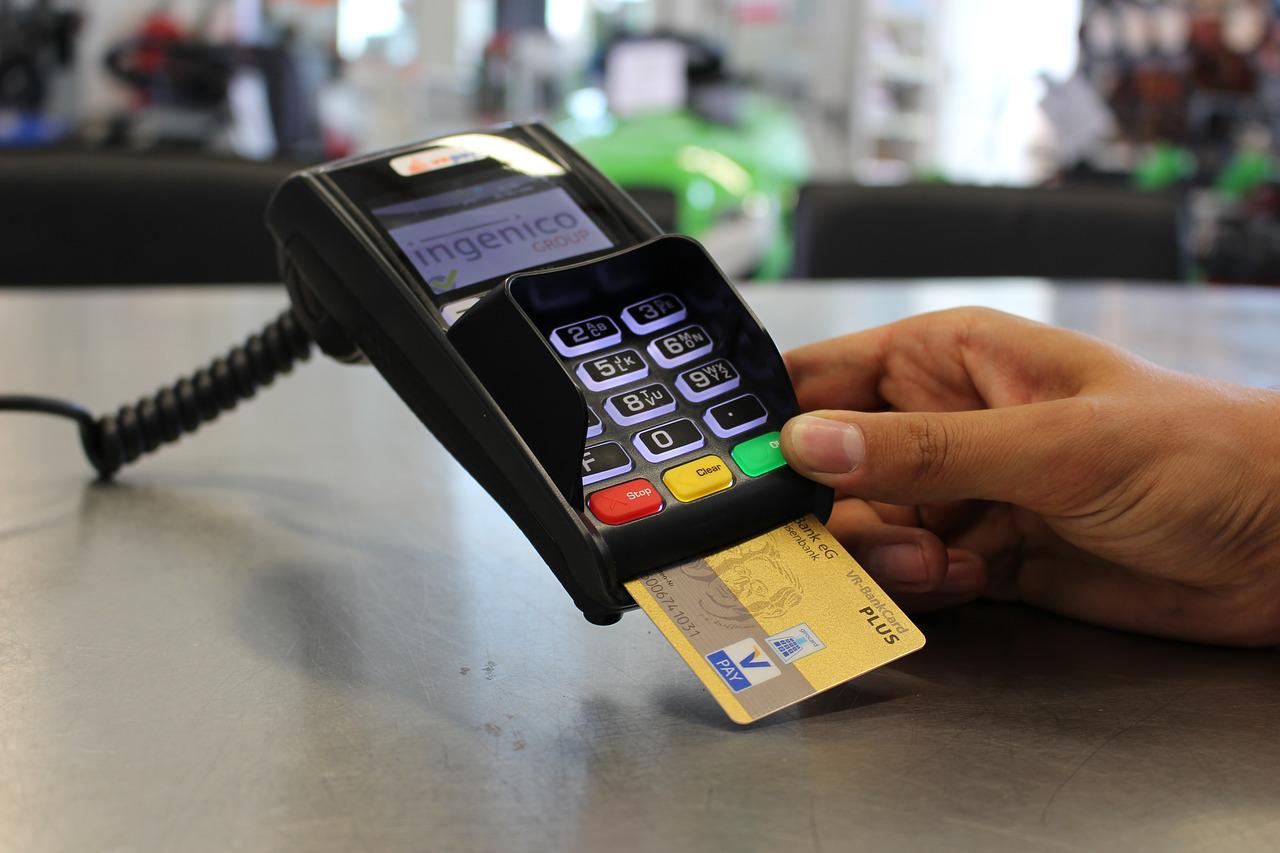A credit report is a snapshot of your credit history and is one of the main tools that lenders use to decide whether or not to give you credit.
It is an accumulation of information about how you pay your bills, repay loans, how much credit you have available, what your monthly debts are, and other types of information that can help a potential lender decide whether you are a good credit risk or a bad credit risk. When you sign documents, such as a loan or a credit card application, you are allowing that organization to check your credit history.
If your credit report says you don’t pay your bills on time or that you have a lot of debt, you may get declined for a loan, or if you do get approved, you may have to pay a higher interest rate. While the report itself doesn’t say whether you are a good or bad credit risk, it provides lenders with the data to make the decision themselves.
Since your credit report can have such an impact on the things you do in your life, you should make sure that your credit report is accurate. You should make it a habit once a year to request your credit report from Equifax or Trans Union and review it carefully to ensure that everything looks normal and there is no suspected identity theft. If you see any errors on your credit report, you should report it immediately.
Your credit report will also show you your credit score. A credit score is a number between 300–850 that depicts a consumer’s creditworthiness. The higher the score, the better a borrower looks to potential lenders.
Typically, a credit score of over 750 is considered excellent. Anything from 560-649 will make it tough to get new credit and you will pay significantly higher interest rates. Anything below 560 would be considered a bad credit score. While it can be challenging, you can fix a bad credit score, but to do so, you should first figure out how you got the bad credit score in the first place. This will allow you to understand your money management mistakes and fix them accordingly.
The credit-scoring secret is closely guarded, and nobody really knows the exact calculation. However, there are a number of factors that contribute to how your credit score is calculated.
Here are some tips on how to maintain a good credit rating:
- Always pay your bills on time
- Always pay the minimum payment due (ideally, you’ll pay the full balance, but never pay below the minimum)
- Minimize the number of open credit lines
- Keep your balances below the credit limits
- Close any unused accounts
- Only apply for credit when necessary
- Clear up any unpaid or past due accounts
- Check your credit report annually to ensure it is accurate
If you have bad credit and want help improving your credit score, contact us today. We can teach you the skills and habits you need to manage your money over the long term. Get in touch now for a free, no-obligation consultation.











